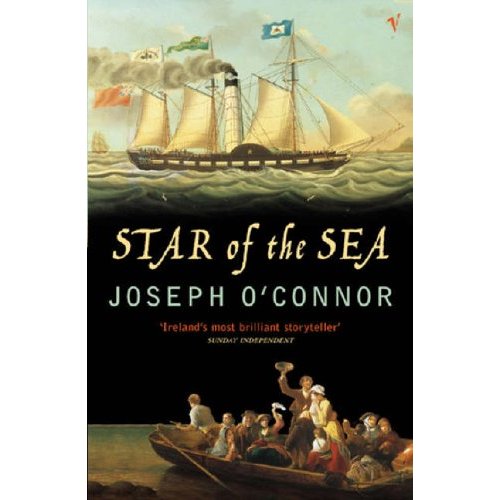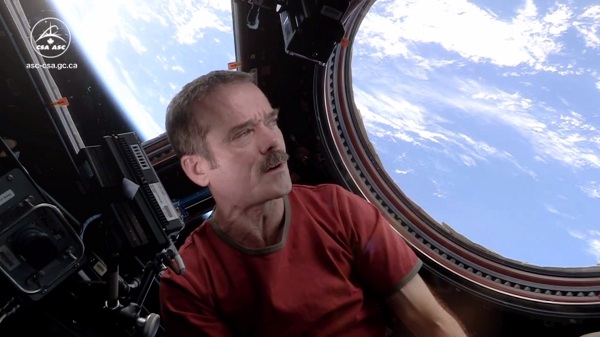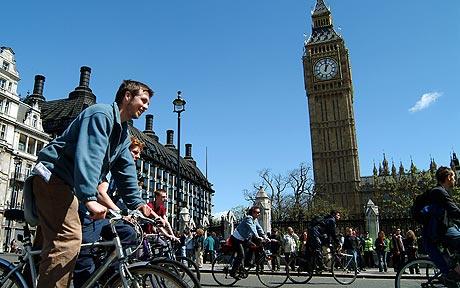In 2003, Irish author Joseph O’Connor released the historical novel Star of the Sea, combining fact and fiction in an innovative way to create a tale – a collective biography – depicting the harrowing journey undergone by Irish immigrants escaping the terrible famine ravaging the country. This period in history would come to be widely known as “the greatest social catastrophe of 19th century Europe”, as described in a review of the novel upon its release by Terry Eagleton. Such was the immense scale of human loss and sacrifice.
The main event in the narrative – the Star of the Sea voyage – takes place in 1847, with the details of various passengers’ life stories continually emerging. These eventually combine to create a collage of human experience within the context of “History”, managing to be every bit as evocative, as if it were written –or compiled as the case seems to be – into a present-day diary. The voyage of the Star of the Sea to America became infamous as one of the most deadly of those many that attempted a similar path across the ocean, claiming lives relentlessly throughout the journey – with a cruel irony, some even before the journey had begun.
The “menace” of the impending journey is established early; the “viciously black water which could explode at the slightest provocation” already sets a dangerous and foreboding atmosphere. A dark figure – the Ghost, or the Monster, as he is described in the passage, whose real name is Pius Mulvey, stalks the decks, adding menace to an already apprehensive atmosphere. “He seemed to carry an indescribable burden” – that burden being the “mission” he was being coerced into undertaking at some point during the journey.
Then we meet the troubled couple, David and Laura Merrdith, and their nanny Mary Duane, all of whom are linked in more ways than what it appears to be on the surface. It transpires, unfortunately not surprisingly at the time, that David had been propositioning Mary, but simply to watch her undress and nothing more. It is not clear whether Laura realises what occurs between them but they become an almost normally squabbling couple; “Abusing each other had become a kind of pantomime”.
David soon comes to blows with the claiming-to-be enlightened and self-promoting American, Mr Dixon, who takes a fashionably liberal stance towards the plight of immigrants and the ongoing slavery which was rife in America at the time; ie., “Treat a man like a savage and he’ll behave like one”. This certainly contrasts heavily with the virulent extracts from the magazines, but even here there seems to be a scale of discrimination. However, soon even Mr Dixon veers slightly from his supposedly liberal agenda, to comment on the many troubles Ireland was facing at the time, saying simply that “its nom de guerre is Laissez Faire”.
Inevitably, the class system was going to infiltrate Irish society, if not in legal terms then certainly in attitude. Ships at the time would be holding these people together for great lengths of time, so many would revert back to the familiar class system in order to reassure the passengers that not all law and order was lost at sea; that this happens on a ship with primarily Irish people, most of whom are merely trying to survive, is in itself worthy of note.
It soon emerges that Mulvey, his brother and Mary Duane have a history; Mulvey, rebelling against taking the priesthood like his brother, got involved with Mary Duane, resulting in a sort of “love triangle”. When Mary ends up in “the family way”, Mulvey leaves abruptly, with Mary soon suffering a miscarriage. Shunned by the Mulvey brothers, and by society, she was forced into prostitution for some time before being adopted into the Merridith family as a nanny.
However, it is Pius Mulvey who perhaps has the darkest story to tell; after the “incident” with his brother and Mary Duane, he essentially goes “on the run”; he goes to the city, eventually ending up in London, and ending up in a life of crime, keeps going under new aliases to fit in. However, his past does not get left behind completely, as shady acquaintances blackmail him into carrying out another murder on the Star of the Sea – the intended victim being David Merridith – before reaching the shore.
Just as the ship was so unbearably close to shore at home, problems begin to arise as the ship draws tantalisingly close to the American shore. Immigration issues mean that the ship is not allowed to dock and allow its passengers to disembark, so technically, while the ship is so close to shore, it and everyone within is still subject to the laws of the old country. People continue to die, and others in desperation – just as before – leap off the ship and swim to shore.
Furthermore, Mulvey has been carrying the burden of his past and the task he’s been assigned for some time, continually “speaking at an angle”, prompting him to actually warn Merridith of the plot, saving his life initially and absolving himself of the responsibility, yet someone else ends up taking it upon themselves to kill Merridith, giving a tragic foreshadowing quality to someone saying not long before, “one of them would never set foot in Manhattan”.
The Star of the Sea had become a prison, and by the end of the journey, in the literal sense. A prison which, those who did survive, grew more determined to escape; when that day finally did come, the fates of the characters on board the Star of the Sea proved to be variable. After the death of her husband, Laura Merridith and her sons try to repair and restart their lives in the New World, while Mulvey ends up not being able to escape his past entirely, as he ends up being caught and murdered quite gruesomely, putting an abrupt end to his troubled life of crime. Meanwhile, there is the unexplained disappearance of Mary Duane – she embarked upon the New World never to be seen again. Hints of her whereabouts, and possible identity, crop up all over the country, but no-one can be sure that it is in fact Mary, because she disappears again just as quickly.
Even in the time since this novel’s release, there have been far more Irish authors approaching the subject of their nationality, and its troubled history. Joseph O’Connor has articulated this traumatic time in Ireland’s history, using fact and fiction in turn, where they are deemed necessary. Possibly the most “true-to-life” example, if not entirely anchored in fact, of life on board the “Star of the Sea” in the deadly winter crossing of 1847, as there is likely to be.





